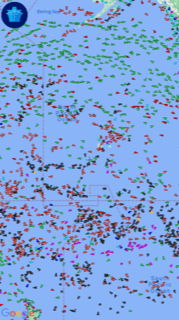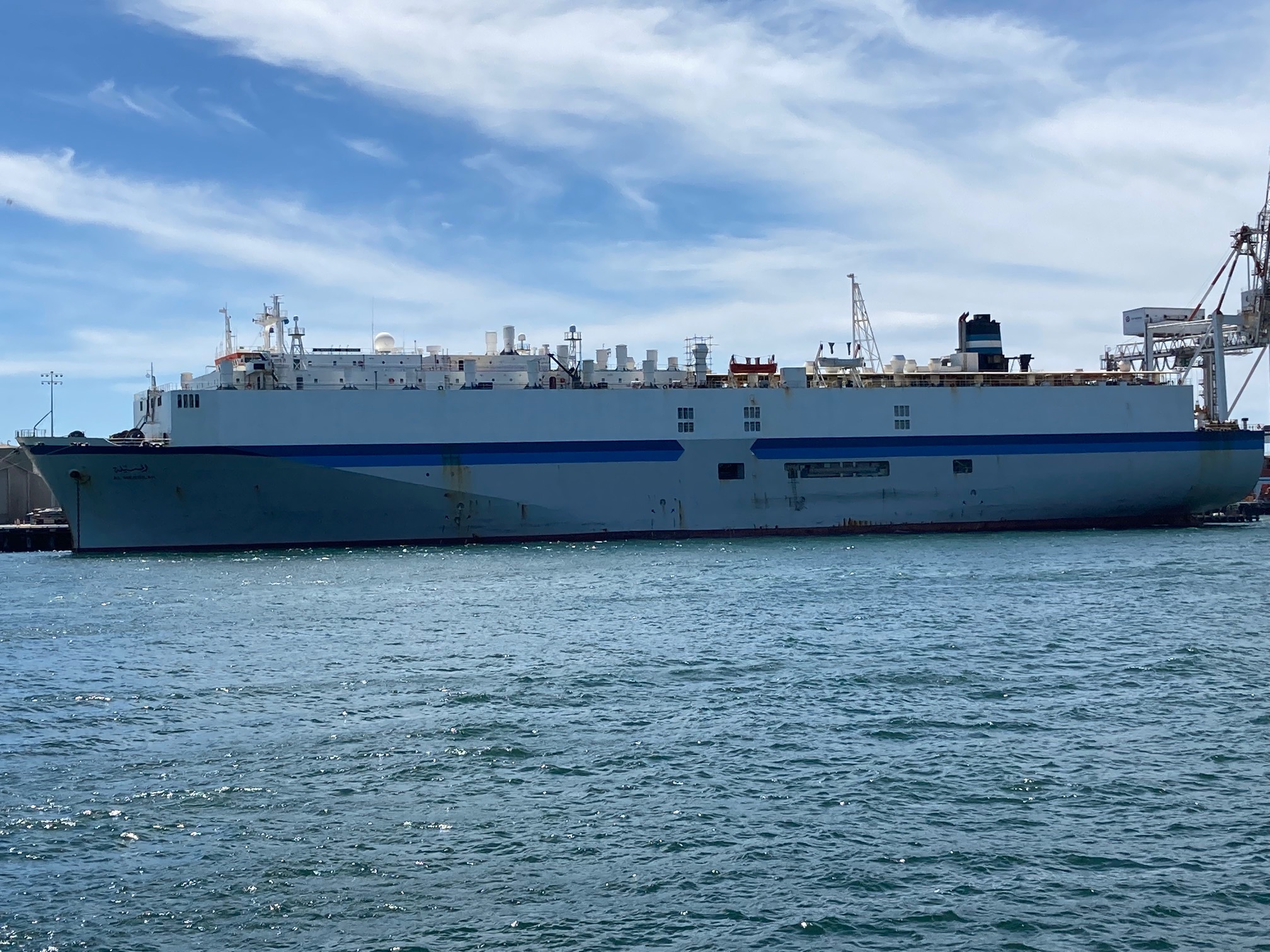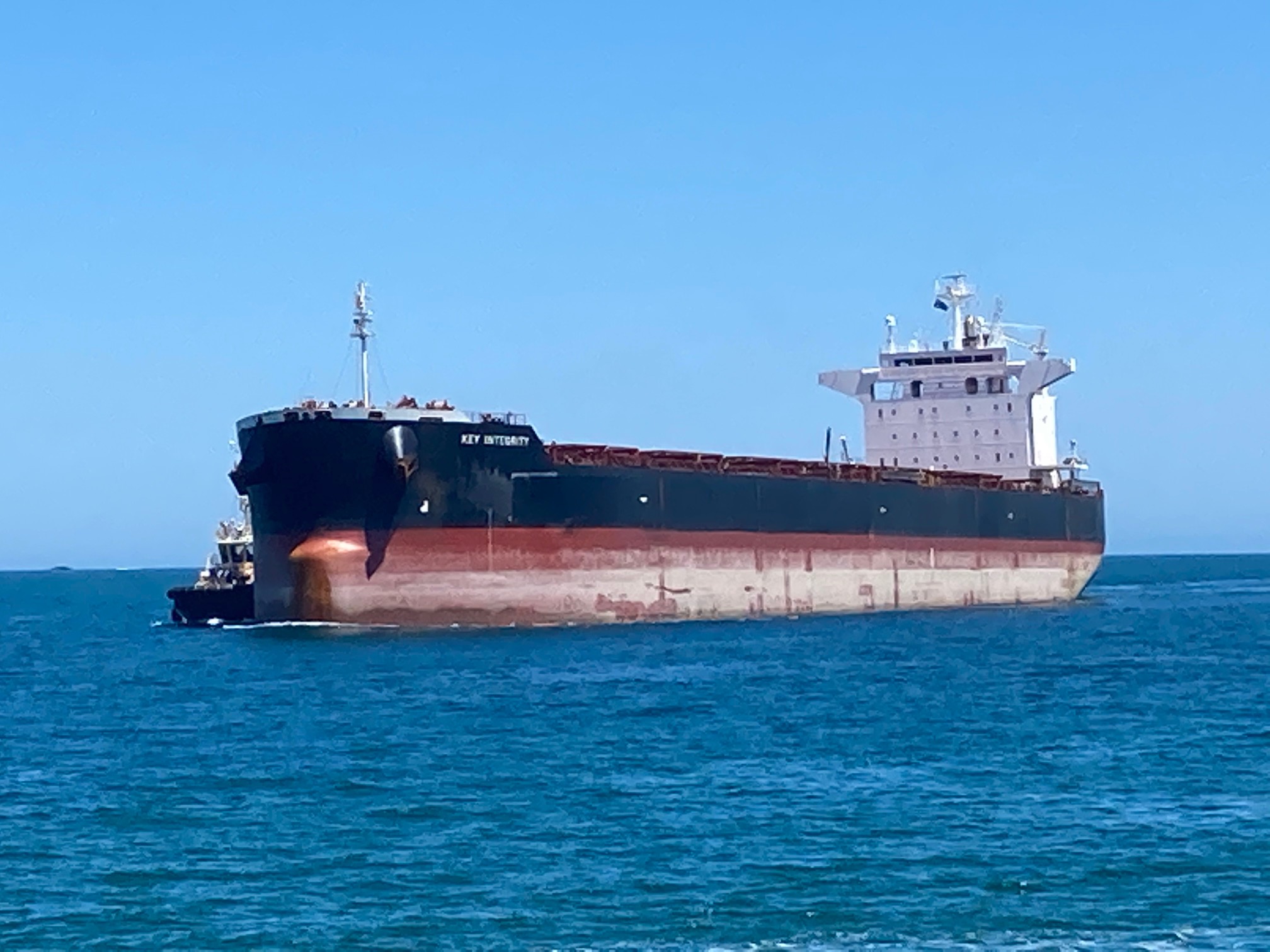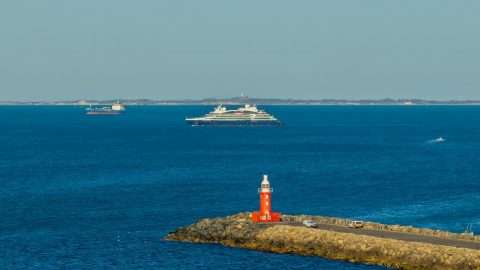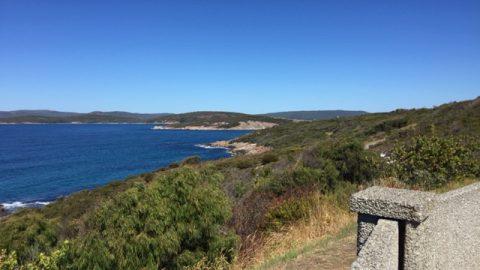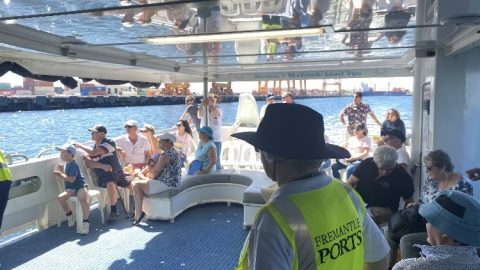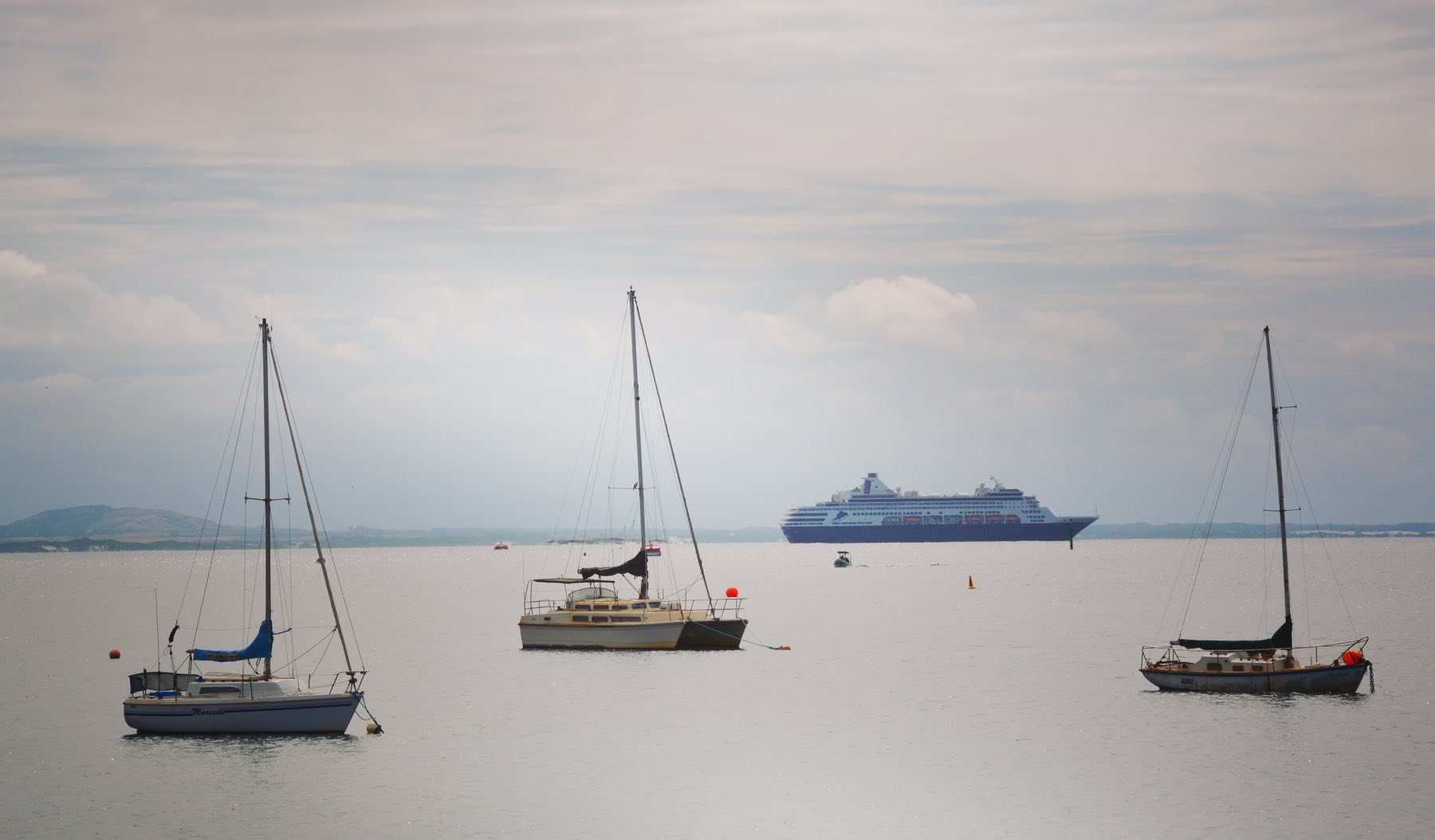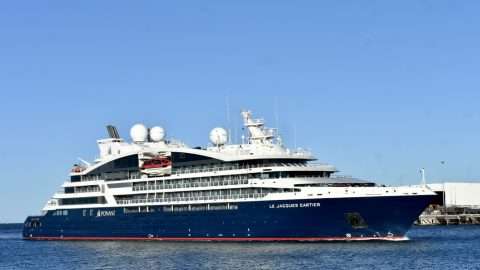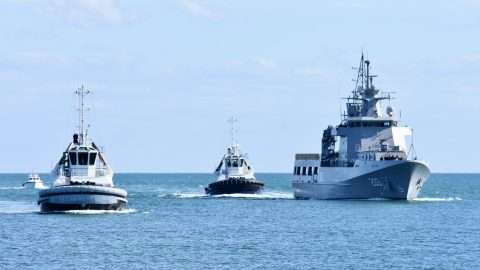Ferry links wiped out, cruise ships laid up, new ships delayed. Shipping locked down!
Dramatic headlines as Covid’s impact on the shipping industry throughout the world continues, and the future as clear as a dense sea fog.
Adding to this is a very real humanitarian concern for seafarers’ protesting their extended periods at sea, up to 18 months and more, way beyond their contracts – “floating prisons”.
The onus on ship owners to provide repatriation is not only costly, but not always possible under current border protection protocols.
The image on the left is not a petri dish of viral load a microbiologist might see under a microscope, but the current shipping movements in the North Pacific Sea. The image on the right shows the vessels currently off the Australian coast. We can see the enormous dilemma Covid poses to shipping stakeholders: owners; agents; governments; and crew, globally.
The Australian Maritime Safety Authority, AMSA, outlines Australia’s maximum period of shipboard service for seafarers during the Covid-19 pandemic in updated marine notices, which have no legal standing, but recommend: that after 11 months, a master is required to provide a plan for repatriation before 14 months; and vessels will be prohibited from departing port until a repatriation plan is provided for crew having already served 13 months.
These recommendations are for vessel owners, operators and crew and are applicable through the Marine Labor Conventions (2006), and apply to crew with valid Seafarer Employment Agreements (SEA). The master is required to arrange repatriation of seafarers without a valid SEA, grounding the vessel if minimum safe manning requirements result.
AMSA accepts a need to apply “flexibility” for Tokyo Memorandum of Understanding (MOU) countries which include Australia; Canada, China; Chile; Fiji; Hong Kong; Indonesia; Japan; Republic of Korea; Malaysia; the Marshall Islands; New Zealand; Paua New Guinea; Peru; Phillipines; the Russian Federation; Singapore; Thailand; Vietnam; and Vanuatu.
“We will consider the issue of extending periods of service on board ships and accept there may be a need to apply flexibility under the circumstances.” You can view AMSA’s marine notice here.
In just one month, four vessels coming into Western Australian waters have confirmed cases of Covid. The Patricia Oldendorff; Vega Dream; and Key Integrity, have sailed from Manila with predominantly Filipino crews – that were changed there.
According to a statement made in The West Australian earlier this week, Premier Mark McGowan suggested that, in time, ships going through certain ports may no longer be able to come into Australian ports; and he would like to see more Australian crews on vessels coming here.
“What we know is the quarantine arrangements in the Philippines are not good. When the crew members get tested, some of them are allowed to then go home prior to boarding the ship, that’s not a satisfactory situation,” he said.
Livestock carrier Al Messilah (left), arrived October 14 2020, from the capital city of Southern Oman’s Dhofar province, Salalah and has been dubbed “WA’s Ruby Princess” with reports of an outbreak amongst her 52 mixed nationality crew. She remains alongside in Fremantle’s inner harbour with bulk carrier Key Integrity (right), which sailed in on Monday, with a confirmed cases of Coronavirus on board and in quarantine in local hotels.
The Australian Government has said that each State has the ultimate responsibility for managing the health of people entering, and works closely to ensure air and sea freight crews follow the strictest health protocols.
Perhaps if ship owners ensured better testing protocols, repatriations could be more forthcoming, and delays less likely, not to mention the risk to public health. Just a thought.
United Kingdom publication, Ship Monthly, reported a bleak outcome for container ships in its June edition, suggesting a 30 to 35 per cent decline in overall shipping, which is expected to cost the top 15 carriers more than $6 billion before the year is out. Their report reflects ship operators attempts to maintain freight rates as cargo volumes plunge, resulting in cancelled sailings and the removal of capacity from the market. Grim days indeed.
How the petri dish of vessel movements looks in a year will be an interesting comparison to make.
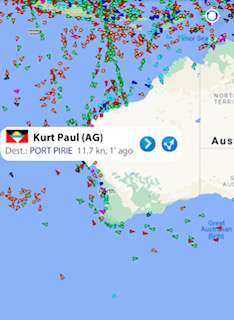
In other maritime movements, the Kurt Paul is finally on her way to Port Pirie, after her side-trip to Timor. If anyone can shed some light on why she took that diversion, we at Fremantle Shipping News, would certainly like to know.
In the meantime, safe travels to all vessels and crew, whereever you may be.
